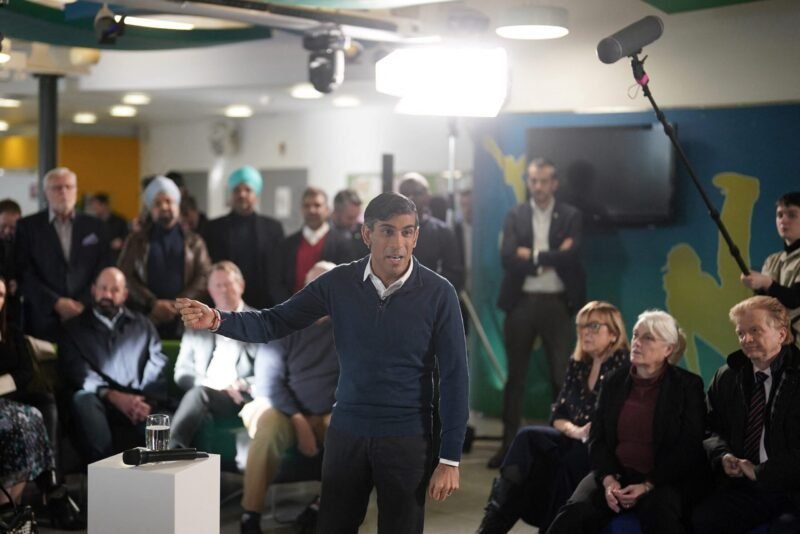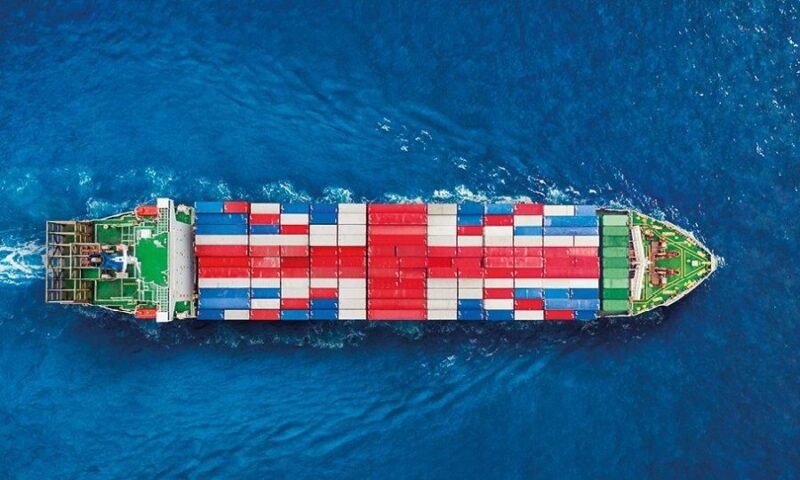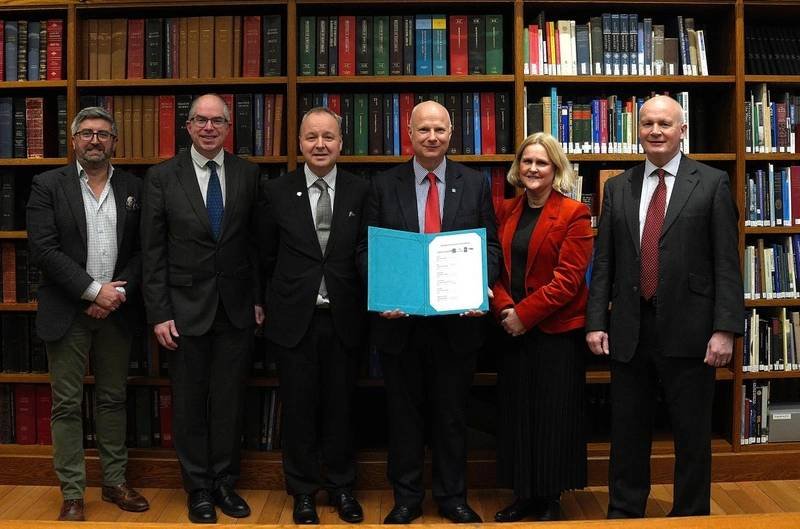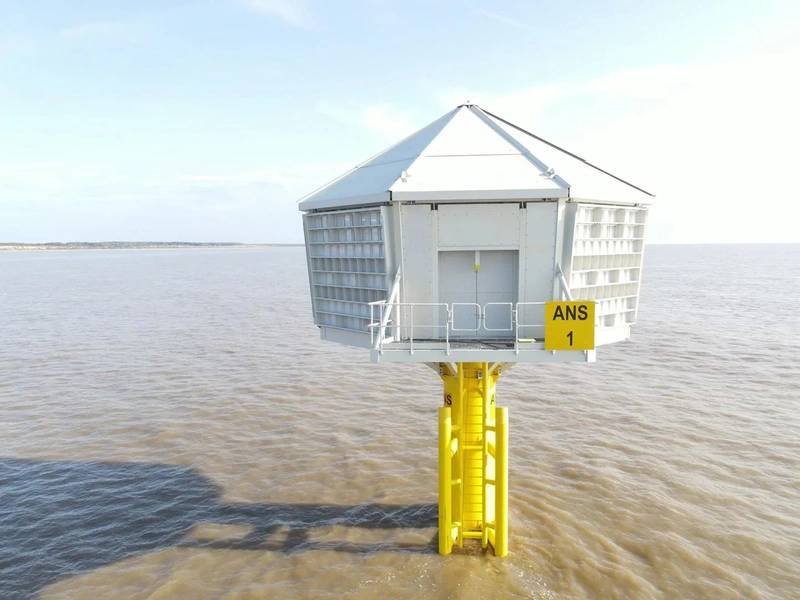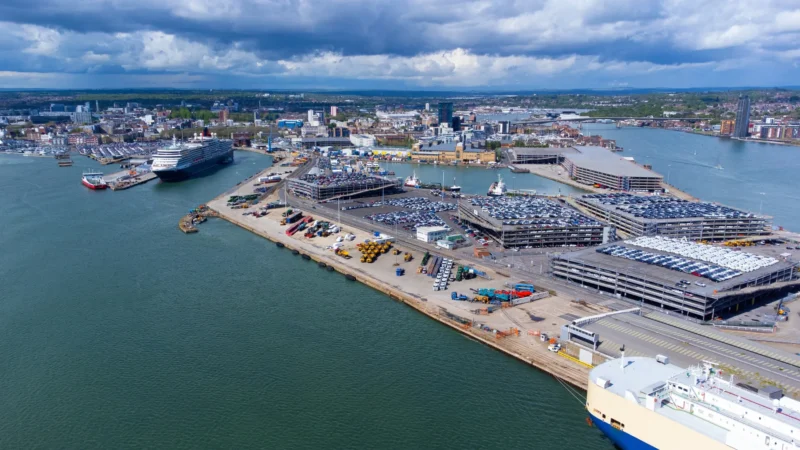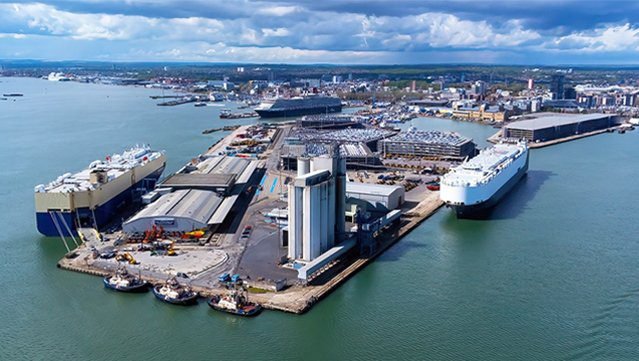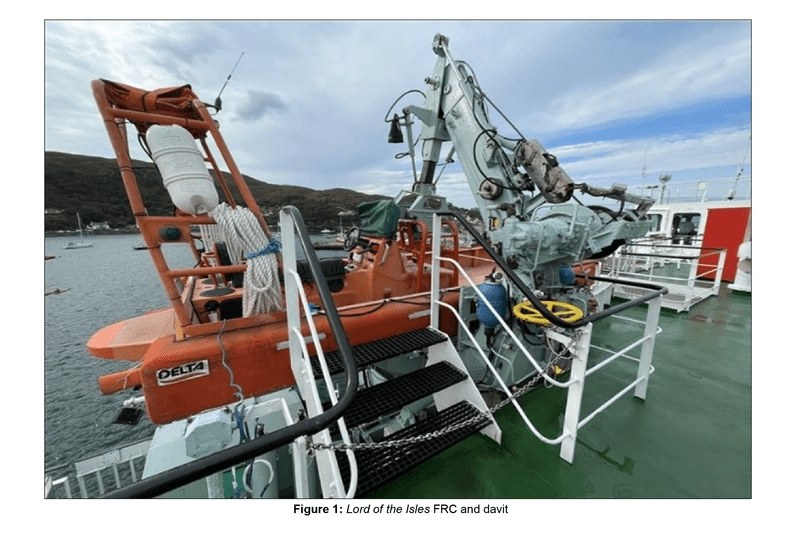Britain’s Prime Minister Rishi Sunak defended the airstrikes on Houthi positions in Yemen, stating they were a proportionate response to the rebel attacks on merchant ships in the Red Sea. He emphasized that the airstrikes were in self-defense to protect British ships and global trade. Sunak also stressed that the military action was not connected to the war between Israel and Hamas. Although some MPs criticized the lack of consultation before the airstrikes, the main opposition Labor Party supported the move, reducing political tension in Parliament.
The attacks on Houthi targets in Yemen have disrupted global trade and raised fears of a regional conflict. Sunak insisted that the attacks were necessary to protect British ships and prevent further escalation in the Middle East. Despite the airstrikes, there are concerns about the effectiveness of deterring the Houthi attacks, with the British government monitoring the situation and considering further action if necessary.
The tensions in the Red Sea have prompted Britain to engage with the Houthi rebels and Iran to stop the attacks on ships. The situation remains fluid, with the government monitoring developments and considering its next steps to ensure the safety of shipping in the region.
This content from Bloomberg provides a detailed overview of Britain’s justification for the airstrikes on Houthi positions in Yemen and the ongoing concerns about the safety of shipping in the Red Sea. Prime Minister Rishi Sunak defended the military action as a necessary measure to protect British ships and global trade, emphasizing that it was not connected to the Israel-Hamas conflict. Despite some criticism from MPs, the main opposition party supported the move, and the government continues to monitor the situation and consider further action if needed to address the ongoing tensions in the region.
Share it now


